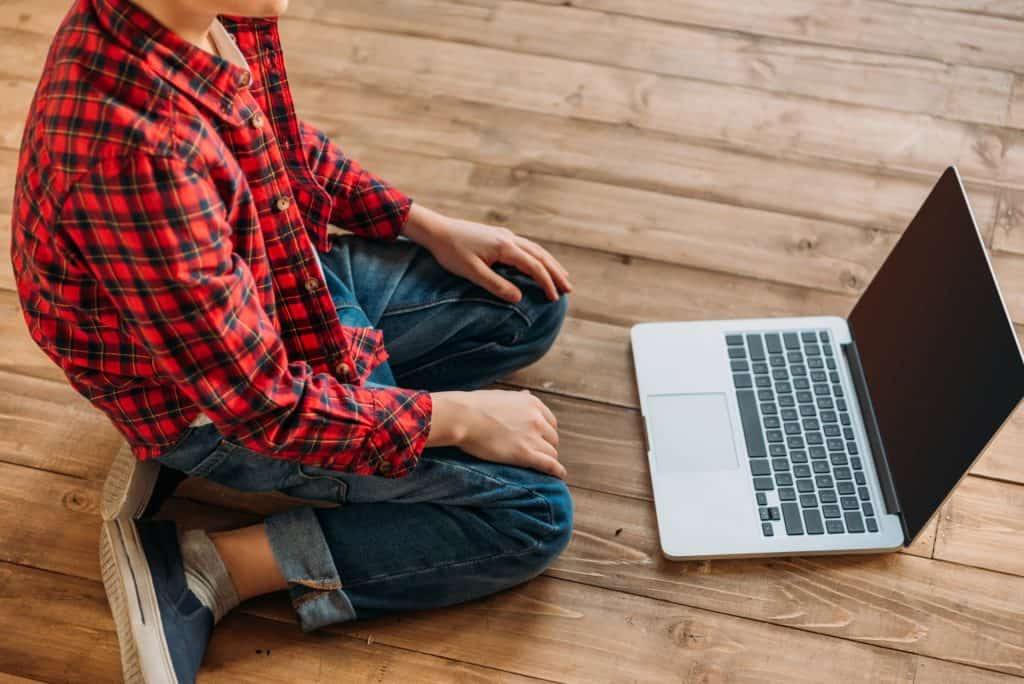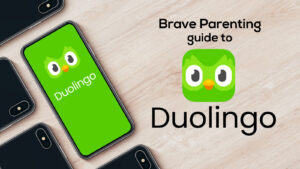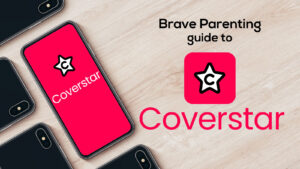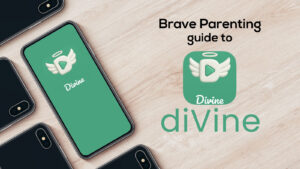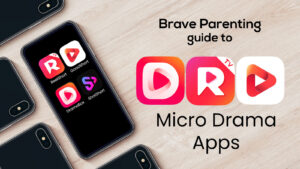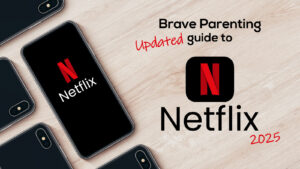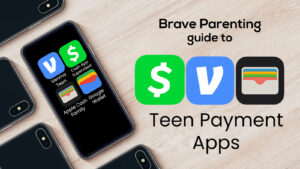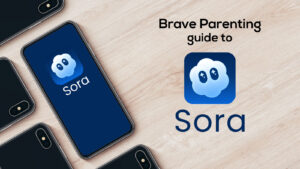Disclaimer: This post includes affiliate links to products for which we may receive a commission. We purchased all products mentioned at full price and only became an affiliate after using and loving them ourselves.
Do you recycle in your home?
If so, chances are you have discussed with your children the importance of recycling in order to better the environment.
Unfortunately, the younger generation is now taught more about the dangers of NOT RECYCLING than about the dangers of ONLINE PORNOGRAPHY. According to CovenantEyes, when teens and young adults were surveyed on morality, it was found they consider not recycling to be more immoral than viewing pornography.
This is a problem.
Even more of a problem is how many children are obtaining their sex-education from online pornography. An unlimited source of pornographic content is available to curious children when given unrestricted access to the internet and nothing but time.
According to Google Analytics, porn queries increase 4700 percent during school breaks. This could mean that after your child takes out the recycling, they’re headed straight to the internet to view porn.
This is disturbing for sure, but don’t lose sight of the fact that this is a parenting issue as much as it is a cultural and moral issue.
You can prevent your children from becoming influenced, desensitized, or even addicted to pornography. Don’t think “not my kid” because 90 percent of children ages 8-16 have already view porn! You can’t assume your child will be a part of the 10 percent.
Here’s what you need to do:
1] TALK ABOUT IT
Sex: Children need to know what sex is, why God created it, and when it is appropriate. And they need to learn this from Mom or Dad – not friends and definitely not the internet.
Pornography: What is pornography and why it is dangerous? Not only is pornography addictive, bad for the brain, and toxic for relationships, online porn also feeds the child pornography and sex trafficking industry. The older the children are, the more specific your conversations need to be.
Relationships: What does a healthy relationship look like? This is important as an increasing amount of violent and degrading porn infiltrates the internet. “Professional” porn consists of actors, often abusing drugs, and does not depict real love or intimacy. “Amateur” porn of real couples can also easily be found online. Although this may be an authentic couple, any relationship willing to record their sexual acts for the internet is not healthy or natural. Most importantly, real love and intimacy never involves physical harm.
2] HOME COMPUTERS
Public Use: Located the computer in a public area of your house. This may be a kitchen table, homework area, or other location where an adult is likely to be present while the computer is in use. Computers should not be allowed in bedrooms and behind closed doors.
Co-View: Younger children should not browse the internet unsupervised. Co-view with your child to ensure erroneous clicks are not leading to porn exposure.
Filters: Both Mac and PC computers have Parental Controls that allow content filtering. Combined with co-viewing, you are much less likely to accidentally come across pornography. Filters on Windows 8 & 10 and Mac allow you to block likely pornographic material or you may block all websites except for the few you approve. Even more, you can block the web browser completely if home computer use doesn’t require browsing the internet. These settings are applied per user account, so setup a separate account for your child.
Monitor: Spyrix for Windows PCs will monitor all activity and user input. If you are concerned your child may be viewing porn, this will tell you. Since this program monitors all activity for the selected user account(s), we recommend openly talking with your child about this monitoring prior to use. It will improve their browsing habits and give you peace of mind.
3] SMARTPHONES
Restrictions: iPhones allow for filters and content blocking through parental restrictions. Android devices require a third party “safe browser” and Norton App Lock to effectively restrict or filter the internet.
Public Use: Generally speaking, nothing good happens behind closed doors with teens and the internet. Require doors to be open and/or internet use to be in public areas of the home. Smartphones are really just computers that can make a phone call.
Social Media: This is a big source of pornography for kids as they spend their lives connecting with one another online. Many of the social media apps allow for internet use within the apps themselves. What they search, find, and consume there will never appear on their web browsing history because it appears as App usage, not internet usage.
Camera Roll: The ubiquity of smartphones has led to the normalized trend of sexting as a form of sexual expression and intimacy. Nude photos of minors is considered child pornography. If your child has the camera enabled on their phone or device you need to check their photos to ensure they are not producing their own porn or receiving it from others. Dr. Fone can help you find deleted pictures if you are concerned your child is deleting photos.
4] Wi-Fi
Circle: This device connects to your router and allows you to filter content on every device connected through WiFi. This will also allow for TIME LIMITS on certain apps, such as social media, YouTube, and Minecraft
Koala Safe: This device allows you to establish a child-safe WiFi network. When your child’s friends come over they can use the child-safe WiFi password to connect. The filters and limits previously established on this child-safe network will be applied to the friend’s device or phone as well.
Bottom Line
If you ignore the topic of pornography altogether, you are doing more harm than good. This is the world our children live in and another challenge we must bravely face as parents.

